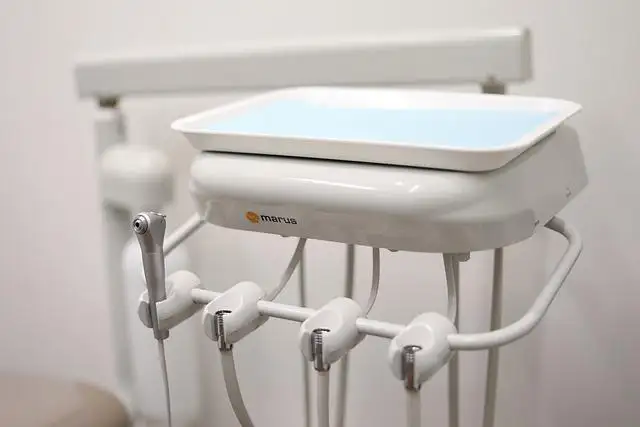The Shifting Landscape of Dental Insurance:
Dental insurance primarily concentrates on preventative and routine care such as cleanings, exams, and fillings. This focus on oral health maintenance makes sense, as preventing problems upfront ultimately reduces costs for both patients and insurers. However, with the increasing popularity and success of dental implants, the need for clear coverage around this advanced procedure has become more pressing.
The Coverage Conundrum:
The truth is, most dental insurance plans don't automatically cover dental implants. They are often deemed "cosmetic" and considered outside the scope of essential oral healthcare. However, not all hope is lost. Several factors can sway the coverage decision in your favor:
Plan Type: Comprehensive or "full coverage" plans generally offer better chances of implant coverage compared to basic or limited plans. These higher-tier plans often include restorative procedures beyond standard preventative care.
Medical Necessity: If you require implants due to medical reasons like traumatic tooth loss or congenital jaw deficiencies, your chances of coverage significantly increase. Insurance companies are more likely to view such cases as essential for restoring oral function and overall health.
Procedure Components: Interestingly, coverage for different stages of the implant process can be inconsistent. While the implant itself might be excluded, components like the crown or abutment that affect aesthetics and functionality might be partially covered. It's important to understand how your plan disaggregates the implant procedure for coverage purposes.
Policy Details: The devil truly lies in the details. Scrutinize your policy documents carefully for specific wording regarding implants, associated procedures, limitations, and exclusions. Look for definitions, percentages, and any hidden clauses that might affect your coverage.
Beyond the Binary: When "No" Isn't the End:
Even if your initial investigation reveals limited coverage for implants, don't give up entirely. Several options remain:
Negotiate with your provider: Explain your specific situation and medical needs to your dentist. They might be able to negotiate with your insurance company for better coverage based on your case.
Explore alternative solutions: Discuss other tooth replacement options with your dentist, such as dentures or bridges. While not as robust as implants, some plans might fully cover these alternatives, offering a more affordable solution.
Consider supplemental insurance: Look into specialized dental implant insurance plans that can offer additional coverage specifically for this procedure. This can be a viable option if your current plan offers minimal or no implant coverage.
Investing in a Smile: Weighing the Costs and Benefits:
Dental implants represent a significant investment, both financially and in terms of your oral health. While out-of-pocket costs are likely, even with partial coverage, the long-term benefits can be substantial. Implants offer superior durability, functionality, and aesthetics compared to traditional bridges or dentures, and can ultimately save you money

